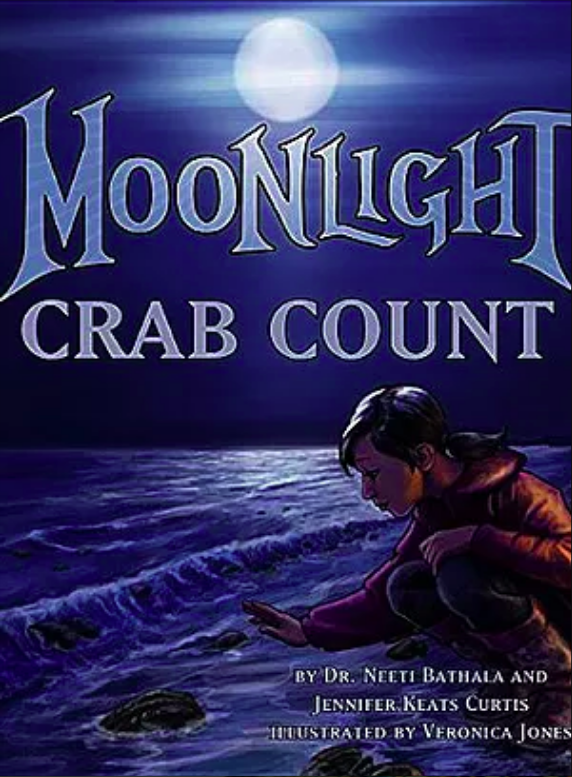
Dr. Neeti Bathala is a professor at The University of the Arts in Philadelphia. An ecologist by training, she has studied many aspects of the environment, including deforestation, biodiversity, and oceanography. We are especially grateful to her for integrating Citizen Science projects like Celebrate Urban Birds into her curriculum.
On a personal level, Dr. Bathala works to improve the environment around her every day. At home, she has planted gardens with native species that increase the potential for wildlife to flourish. “Birds are an integral part of the ecosystem,” she says, “and must be considered as we seek to protect the environment.” She is also involved in local organizations such as the Haddonfield Garden Club in South Jersey, Clean Air Council in Philadelphia, and other coastal preservation projects, all of which aim to make the general public more aware of science and conservation efforts.
For over a decade, Dr. Bathala has incorporated data collection for Celebrate Urban Birds into the coursework. In fact, graduated students fondly remember the project. Among Dr. Bathala’s memories of students participating in Citizen Science is running into a graduate who “always looks for the focal bird species as he remembers learning about them from the Celebrate Urban Birds project.” This aspect of the course remains popular; Dr. Bathala recounts that recently, a student told her “that he was upset that we had not done the Urban Bird Watch and he was anxious to get started. We were only in our second week of the semester!” Dr. Bathala maintains that it is especially important to make field-work accessible to all, so students of any academic background can participate.
“The focal species are ones that are familiar in the Philadelphia region. The students enjoy this opportunity immensely and look forward to getting outside and participating in actual data collection.”
Although Dr. Bathala has always found the natural world interesting, she was inspired by her high school biology teacher to look beyond the confines of the classroom or laboratory. “Getting out in nature” made science meaningful. Even as a child, she wanted to protect plants and animals, so when working on her graduate degrees, Dr. Bathala felt lucky to participate in a great deal of field-work. “The magic of bioluminescence and the ocean at night compelled me to continue to study ecosystems and to seek out field-based research opportunities,” she recalls of her time spent identifying marine species by night.
“I ended up wanting to become an academic so that I, too, could share the passion that I felt towards the environment with others.”

“These projects allow members of the public to engage in the process of scientific investigation: asking questions, collecting data, and/or interpreting results. Citizen Science is important in allowing everyone to understand that their contributions are meaningful.”
Dr. Bathala continues to be motivated by the enthusiasm of her students, especially when they recognize their ability to make positive changes in the natural world through conservation. In fact, she will now also teach a new course specifically about Citizen Science. Students will spend the semester participating in multiple projects, including several from the Cornell Lab of Ornithology.
We’re inspired by Dr. Bathala’s mission to bring Citizen Science to her students and community.